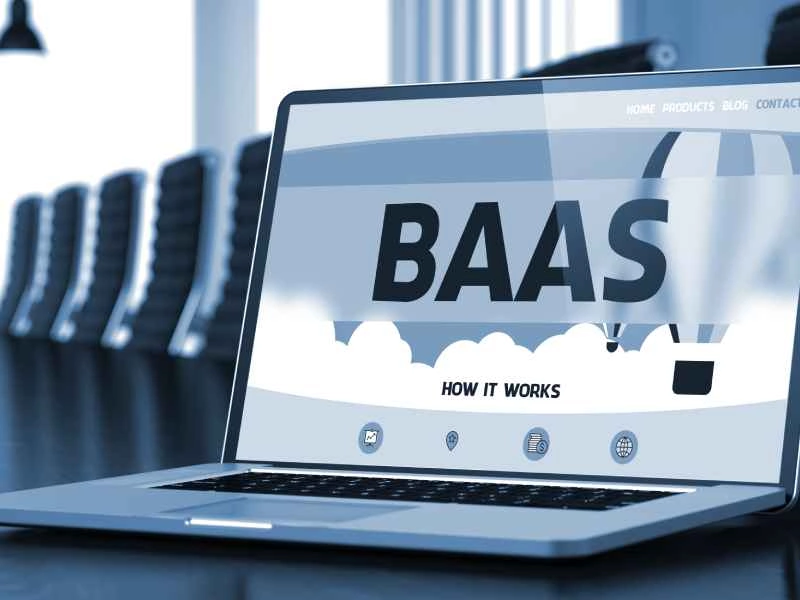In today's world, software is rarely viewed as just a product anymore. Market dynamics are shifting, and increasingly, software is being discussed in terms of "services." This trend extends to blockchain technology as well. Let's explore the concept of "Blockchain as a Service" (BaaS), which has become a prominent topic in cryptocurrency discussions.
UNDERSTANDING BLOCKCHAIN AS A SERVICE
BaaS enables individuals to develop, oversee, and utilize their own blockchain applications and smart contracts through cloud-based platforms. The service provider handles all technical aspects of maintaining and optimizing the blockchain infrastructure.
Put simply, BaaS represents the rental of blockchain infrastructure for implementing user projects. It follows a similar model to Software as a Service (SaaS), a well-established concept that has gained significant traction recently.
BAAS OPERATIONAL FRAMEWORK
To better understand BaaS, let's consider the familiar example of SaaS through email services like Gmail. Traditional email setup involves:
- Server configuration
- Software installation
- Email client setup and configuration
- Ongoing maintenance
This traditional approach demands considerable resources and expertise. While some major organizations still maintain their own email systems, most users opt for web-based services - classic examples of SaaS.
BaaS operates on a similar principle, but instead of building a custom blockchain, users access existing infrastructure through specialized interfaces and clients.
BAAS BENEFITS
- User-friendly: No need to operate a personal blockchain
- Easy access: Simple setup process involving provider requirements and payment
- Flexibility: Ability to request specific technical specifications
BAAS LIMITATIONS
- Limited control: Provider maintains ownership and control
- Cost considerations: Regular service fees typically apply
In conclusion, BaaS offers a practical solution for businesses looking to incorporate blockchain technology without managing the underlying infrastructure.







